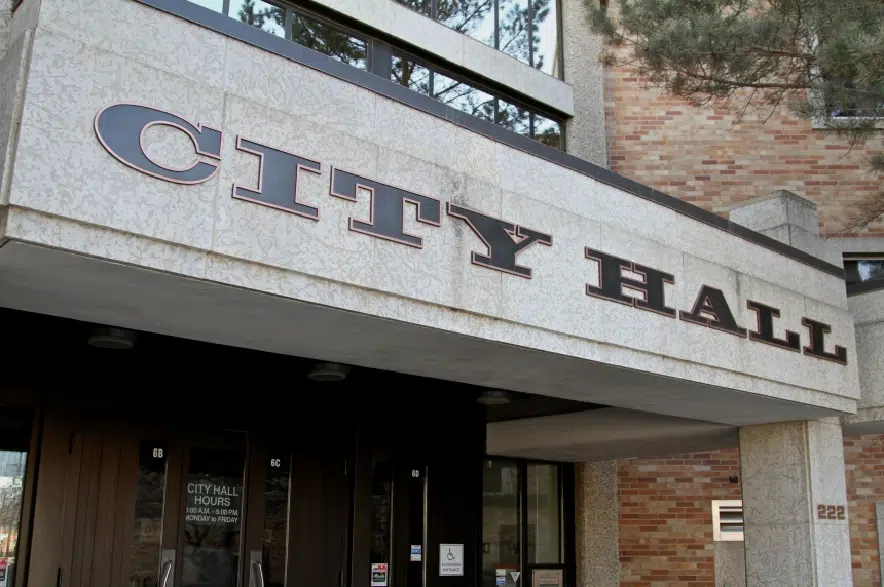Some Saskatoon councillors got their first look at why the city’s projected budget has ballooned out of control on Wednesday.
Last week, city administration revealed that Saskatoon is facing a $52.4 million budget gap in 2024. The news from city hall stunned and angered many in Saskatoon.
On Wednesday, Saskatoon’s governance and priorities committee was presented with a slideshow from administration explaining how it got to that number.
“Some key points regarding this report is that significant inflation as well as base budget challenges are creating a larger-than-normal funding gap for the city to address,” explained Clae Hack, the city’s chief financial officer.
Administration pointed to inflation, base budget adjustments, growth and the black cart program as the reasons for why the shortfall is so large.
The city’s operating budget in 2023 was $583 million, with nearly 57 per cent of the expenditures going towards police, fire and transportation services.
Over the coming months, council will hold several emergency meetings to figure out how it can address the shortfall.
“We know that further adjustments and refinement will need to be made, and as such we will be presenting a variety of reports and options to city council and committee over the summer special budget meetings to reduce the property tax impact,” Hack said.
“These options will include reducing or deferring the phase-ins of inflationary impacts, increases to other user fees or rates, and deferring other positions.”
The first emergency budget meeting is scheduled to take place at city hall June 22, and Hack noted there will be a lot of different options on the table.
“The June 22 budget meeting next week is going to have 24 total available options, with reports that will be released which could potentially close the funding gap by as much as $22.4 million,” Hack added.
Members of the committee asked plenty of questions of administration after the presentation. It was the first time any committee member had seen this particular PowerPoint presentation, as it wasn’t completed until 6:30 p.m. Tuesday. A report on budgetary pressures was presented to the same committee in March.
While there is a large task ahead, city manager Jeff Jorgensen said he’s confident council will be able to figure something out to prevent the projected 18-per-cent increase to property taxes.
“Because we have the fully funded asset management plans in recent years for many of our assets, we’re in a position where we’re probably as well-placed as any municipality to really weather this storm,” Jorgensen said.
“We will be bringing forward a series of recommendations, but we will also be making difficult recommendations – really largely around stretching out some of these payments so we can have a strategy to get back to our fully funded asset management plans – yet not dealing with the full impact of inflation in that compressed period of time in 2024 and 2025.”
He added that budget deliberations won’t take place until November, and there’s still time to get things sorted out.











